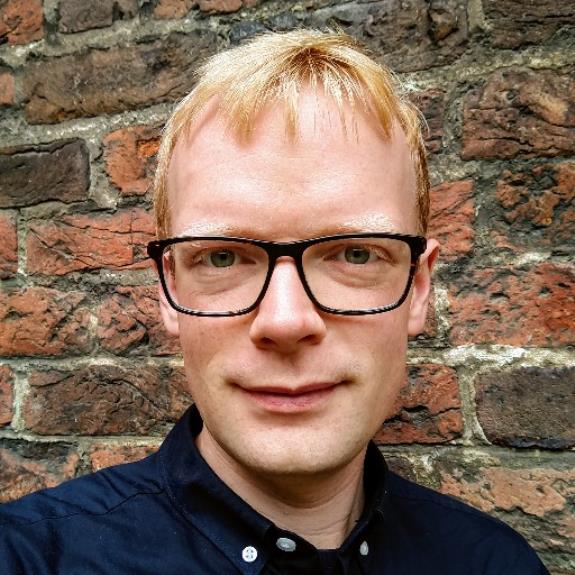We use cookies on this website. Cookies help us deliver the best experience on our website. Read about cookies.
-
- Education
- Education
- Programmes and courses
- Applications and admissions
- Tuition fees
- Scholarships
- Exchange studies at Malmö University
- Study Guidance
-
- After admission
- After admission
- Moving to Malmö
- Pre-orientation
- Arrival guide
-
- About studies at Malmö University
- About studies at Malmö University
- Why choose Malmö University
- Understanding university studies
- Connect with current students
On the page -
- Research
- Research
-
- Doctoral studies
- Doctoral studies
- Doctoral courses
-
- Doctoral schools
- Doctoral schools
- Education, Learning and Globalisation
- Doctoral school: Learning in Multicultural Societal Contexts
- ComBine
- Swedish National Graduate School in Science and Technology Education Research
- Doctoral school: Relevancing Mathematics and Science Education (RelMaS)
- Doctoral school: Sustainable Movement Education
- Finding ways in a time of great future challenges (FinnFram)
- Doctoral school: Pedagogy and Vocational Skills
- Doctoral school: Culturally Empowering Education through Language and Literature
- Research subjects
-
- Research centres
- Research centres
- Biofilms Research Centre for Biointerfaces
- Citizen Health
- Imagining and Co-Creating Futures
- Institute for Urban Research
- Malmö Institute for Migration Studies
- Literacy and Inclusive Teaching
- Centre for Work Life Studies
- Sustainable Digitalisation Research Centre
- Centre for Sexology and Sexuality Studies
-
- Research publications
- Research publications
- Search publications
- Malmö University Press
- Research events
- Participate in a research study
- Coffee Break Quiz
On the page -
- Collaboration and Innovation
- Collaboration and Innovation
-
- Areas of collaboration
- Areas of collaboration
- Muvah
- Innovation
- Collaboration with students
-
- Collaborate with researchers
- Collaborate with researchers
- Labs and facilities
- Culture collaboration
- Support Malmö University
On the page -
- About us
- About us
-
- Faculties and departments
- Faculties and departments
-
- Faculty of Culture and Society
- Faculty of Culture and Society
- Department of Urban Studies
- Department of Global Political Studies
- School of Arts and Communication
-
- Faculty of Education and Society
- Faculty of Education and Society
- Department of Childhood, Education and Society
- Department of Sports Sciences
- Department of Natural Science, Mathematics and Society
- Department of School Development and Leadership
- Department of Culture, Languages and Media
- Department of Society, Culture and Identity
-
- Faculty of Technology and Society
- Faculty of Technology and Society
- Department of Computer Science and Media Technology
- Department of Materials Science and Applied Mathematics
- Faculty of Odontology
- University Dental Clinic
-
- Find and contact Malmö University
- Find and contact Malmö University
- Visit Malmö University
- News and press
- Map of the buildings (Google Maps)
- Merchandise
- Whistleblowing
- Management and decision-making paths
-
- Vision, objectives and strategy 2025
- Vision, objectives and strategy 2025
- Global engagement
- Sustainability
- Widened recruitment and participation
- Quality assurance work at the University
-
- Malmö Academic Choir and Orchestra
- Malmö Academic Choir and Orchestra
- Student work – video pieces
- Alumni & Friends
-
- Annual Academic Celebration
- Annual Academic Celebration
- Academic traditions
- Meet our new professors
- The University in a troubled world
On the page
Physical Sciences
The research focuses on fundamental and applied atomic spectroscopy, particularly atomic structure and the interaction of atoms with light. Applications range from characterising atomic nuclei and cancer treatments to galaxy evolution.
The physics research group at the Department of Materials Science and Applied Mathematics focuses on fundamental and applied atomic spectroscopy, in particular atomic structure and the interaction of atoms with light. Applications range from the characterization of atomic nuclei and cancer treatments to galaxy evolution.
We work in the following areas:
Astrophysics
The group works both with general Galactic chemical evolution and tries to understand where and how different elements have formed on a cosmic scale, and also with Galactic archaeology, which aims to understand how different parts of our Galaxy — and thus galaxies in general — have formed and evolved. The research method used is high-resolution stellar spectroscopy.
In addition to international collaborations, the research group is active within the local network Lund Observatory.
Atomic astrophysics
More than 99 per cent of all visible matter in the Universe is in the form of plasma. The research group develops experimental methods and computer programs used to determine atomic data. This data is in turn used in the analysis of light from plasmas, to provide information about their fundamental properties, such as temperature and density, as well as the amount and isotopic composition of different elements. Abundances of different elements are used to test different nucleosynthesis models in stars and track the chemical evolution of the Galaxy. In addition, there are important applications for future energy sources such as fusion reactors. The research group is a driving force within the CompAS and LUMCAS networks and is part of the consortium behind the national facility DESIREE for the study of cold atoms.
Atomic data for tumour therapy
The group develops software that simulates cascades of electrons and X-rays released through the so-called Auger effect. Data from the simulations are validated against other calculations and measurements and form the basis for accurate estimates of deposited energy during tumour treatment with Auger electron-emitting isotopes.
Atomic physics close to the atomic nucleus
The group develops methods and software for calculations of atomic data that, in combination with results from high-precision measurements, for example at ISOLDE, the radioactive ion beam facility at CERN in Switzerland, enable properties of the atomic nucleus to be extracted. The research teaches us more about exotic atomic nuclei and the results are used to test the theory that describes the structure of the nucleus.
Researchers, publications and projects
Pedro Henrique Arantes Moya
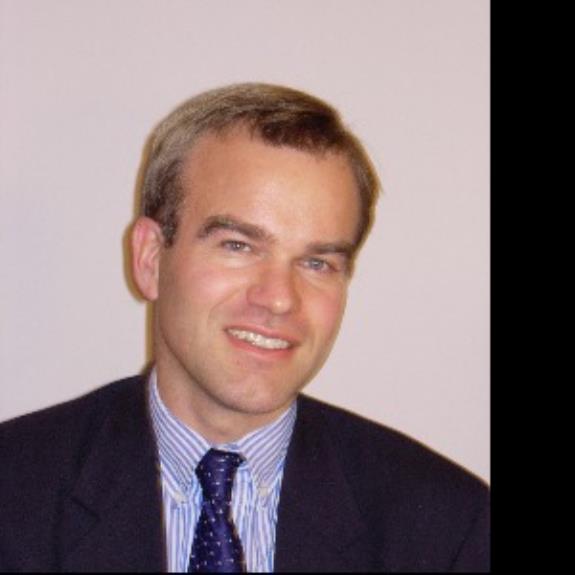
Peter Bengtsson

Shilpa Bijavara Seshashayana
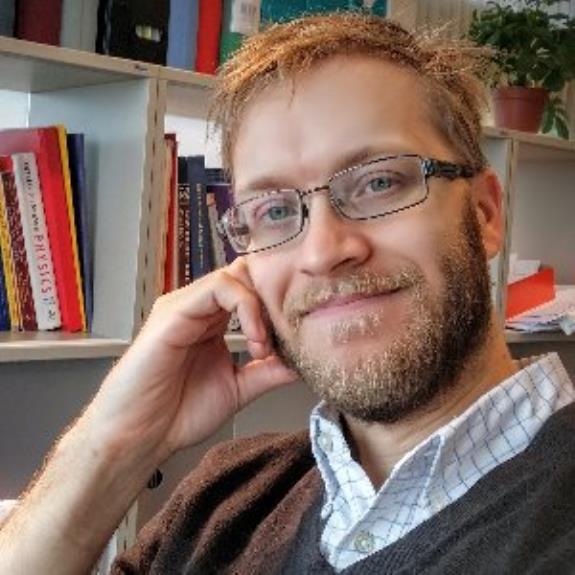
Jakob Blomqvist

Madeleine Burheim
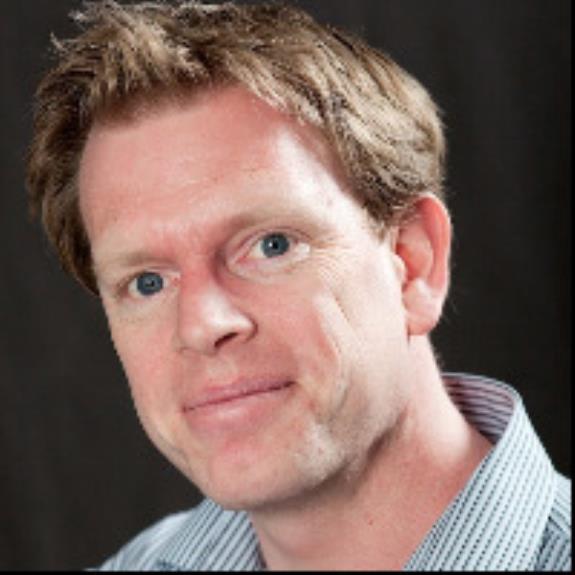
Jörgen Ekman
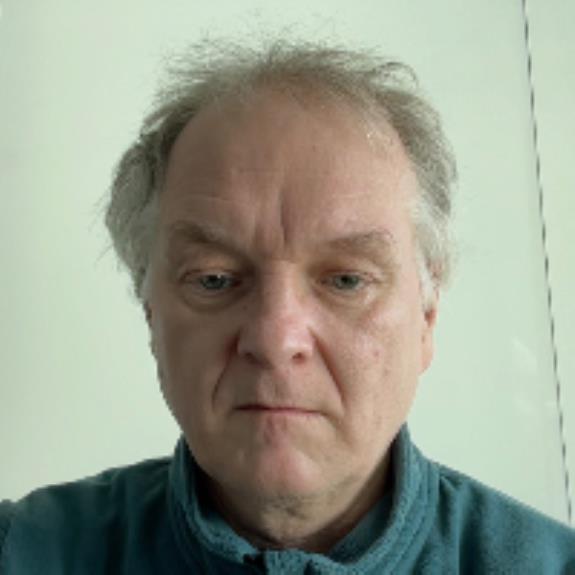
Stefan Gustafsson
Henrik Hartman
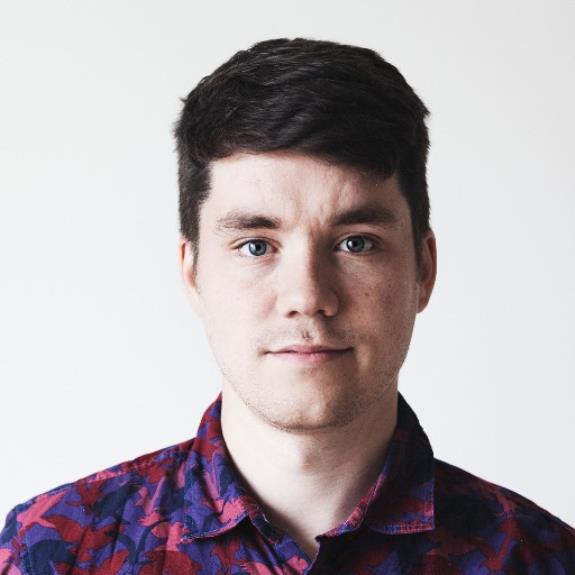
Johan Hektor

Henrik Jönsson
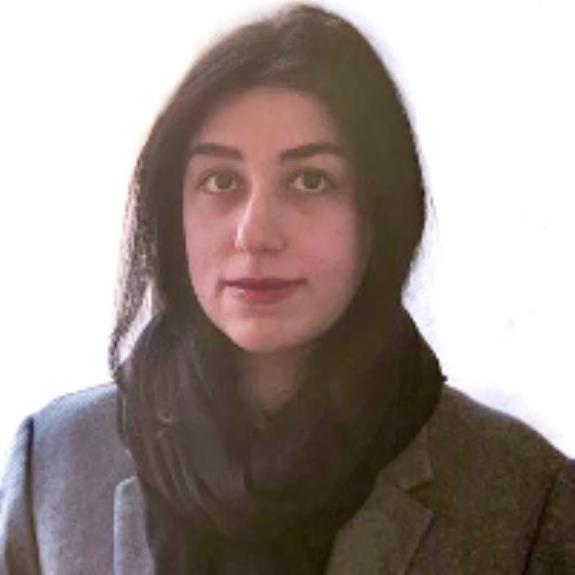
Sana Khayyamifar
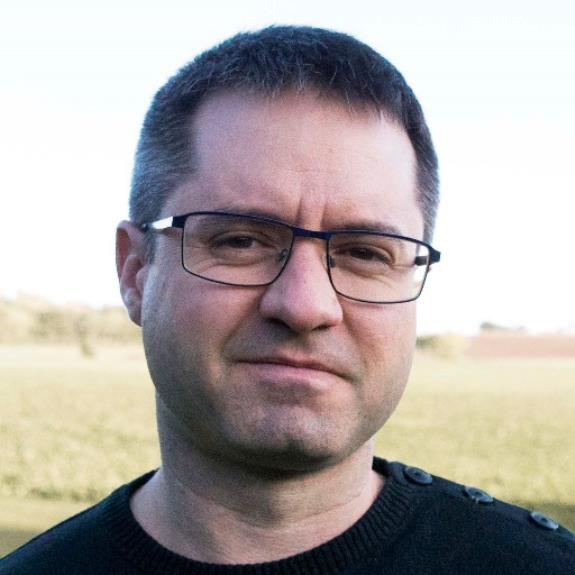
Lindsay Richard Merte

Hampus Nilsson
-
2025 | Article in journal
Atomistic assessment of interfacial interaction potential in tungsten twist grain boundaries
Praveenkumar Hiremath, Solveig Melin, Pär A.T. Olsson
-
2024 | Article in journal
Carbon enrichment in APOGEE disk stars as evidence of mass transfer in binaries
Steve Foster, Ricardo P. Schiavon, Denise B. de Castro, Sara Lucatello, Christine Daher, Zephyr Penoyre, Adrian Price-Whelan, Carles Badenes, José G. Fernández-Trincado, Domingo Aníbal García-Hernández, Jon Holtzman, Henrik Jönsson, Matthew Shetrone
-
2024 | Article in journal
Polyvinyl fluoride: Predicting polarization in a complex soft matter system
Carl M. Frostenson, Pär A T Olsson, Per Hyldgaard
-
2024 | Article in journal
M giants with IGRINS: IV. Identification and characterisation of a NIR line of the s-element barium
G. Nandakumar, N. Ryde, Henrik Hartman, G. Mace
-
2024 | Article in journal
Amorphous TiNiSn thin films for mechanical flexibility in thermoelectric applications
Sana Khayyamifar, Grzegorz Sadowski, Johan Hektor, Denis Music
-
2024 | Article in journal
Operando XANES Reveals the Chemical State of Iron-Oxide Monolayers During Low-Temperature CO Oxidation
Dorotea Gajdek, Harald J. Wallander, Giuseppe Abbondanza, Gary S Harlow, Johan Gustafson, Sara Blomberg, Per-Anders Carlsson, Justus Just, Edvin Lundgren, Lindsay Richard Merte
-
2024 | Article in journal
Evaluation of δ-Phase ZrH 1.4 to ZrH 1.7 Thermal Neutron Scattering Laws Using Ab Initio Molecular Dynamics Simulations
Vedant Mehta, Rehn Daniel, Pär A T Olsson
-
2024 | Article in journal
Exploring fluorine chemical evolution in the Galactic disk: The open cluster perspective
Shilpa Bijavara Seshashayana, Henrik Jönsson, V. D'Orazi, N. Sanna, G. Andreuzzi, G. Nandakumar, A. Bragaglia, D. Romano, E. Spitoni
-
2024 | Article in journal
Accessing self-diffusion on nanosecond time and nanometre length scales with minute kinetic resolution
Christian Beck, Felix Roosen-Runge, Marco Grimaldo, Dominik Zeller, Judith Peters, Frank Schreiber, Tilo Seydel
-
2024 | Article in journal
Isotope shifts in electron affinities and in binding energies of Pb and hyperfine structure of 207Pb
C X Song, S T Yan, M Godefroid, J Bieroń, Per Jönsson, G Gaigalas, Jörgen Ekman, X M Zhang, C Y Chen, C G Ning, R Si
Doctoral studies in Applied Physics
Malmö University offers doctoral education in Applied Physics.
Applied Physics refers to the parts of physics that are relevant to technical applications and natural phenomena. For the education in Malmö, this includes materials science, atomic- and astrophysics and synchrotron light physics with applications.
Contact for doctoral studies in applied physics: Henrik Hartman
